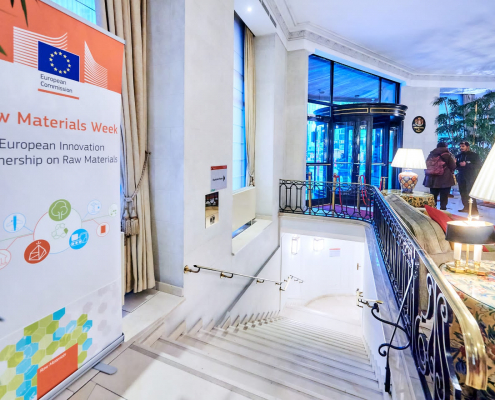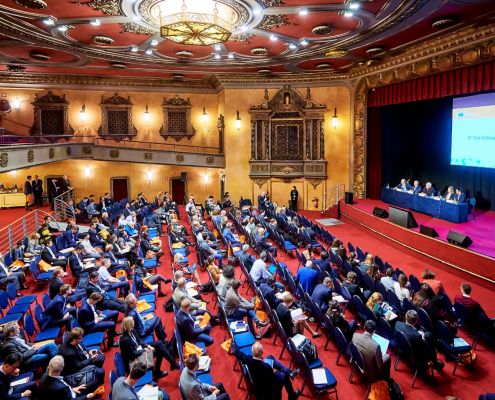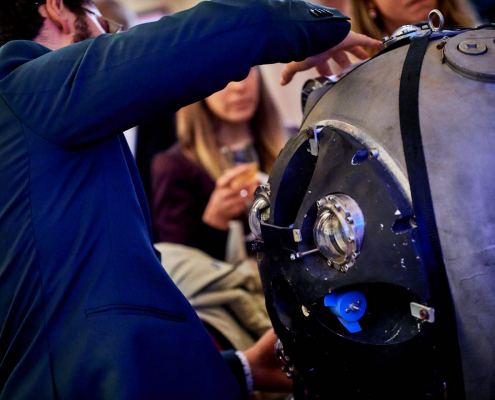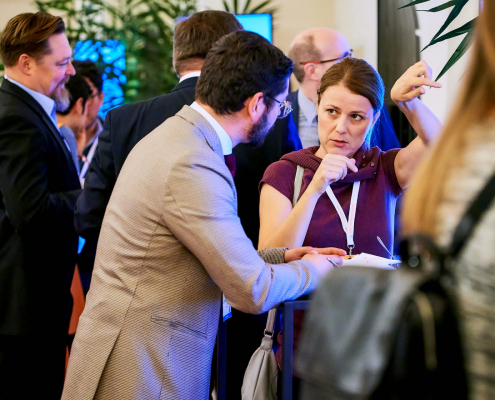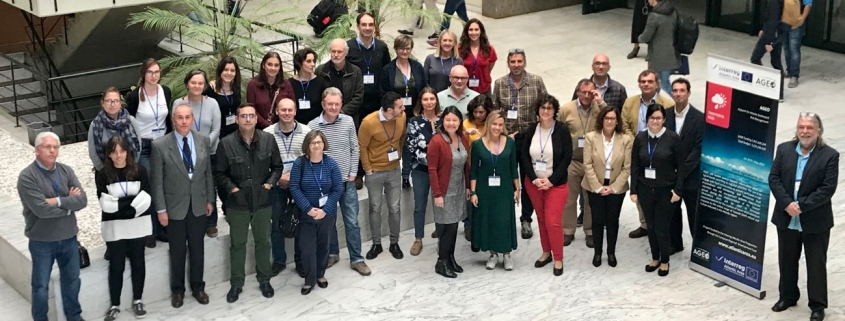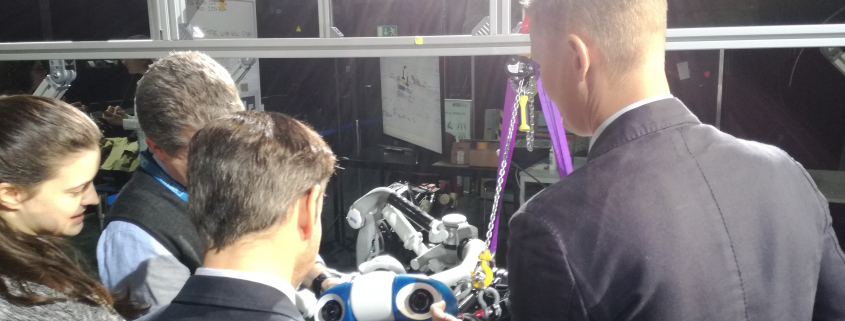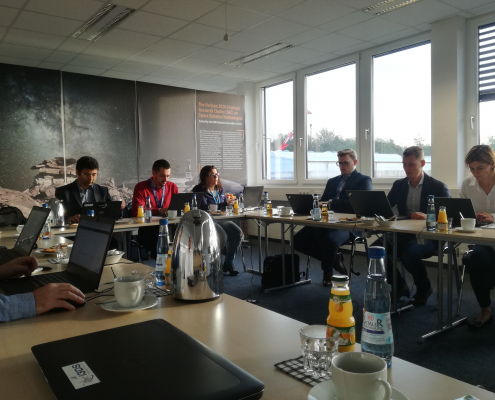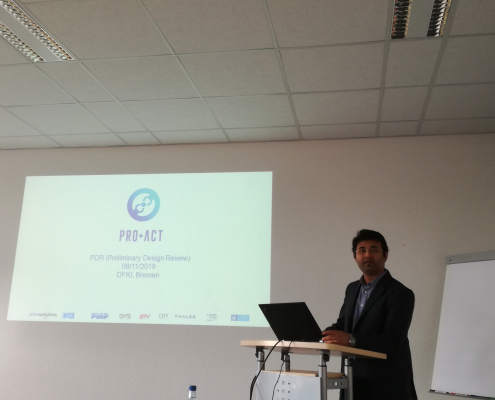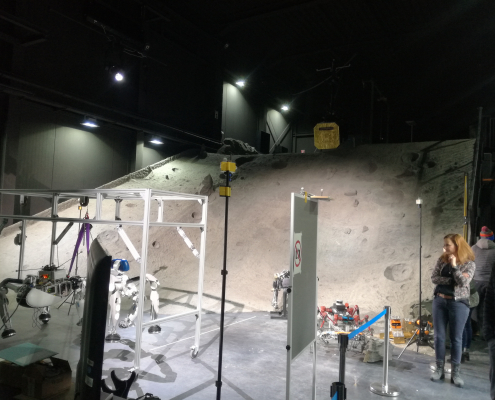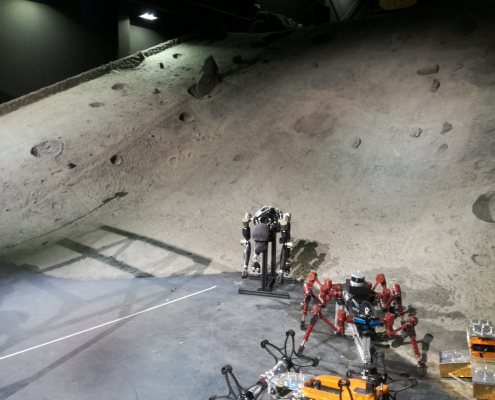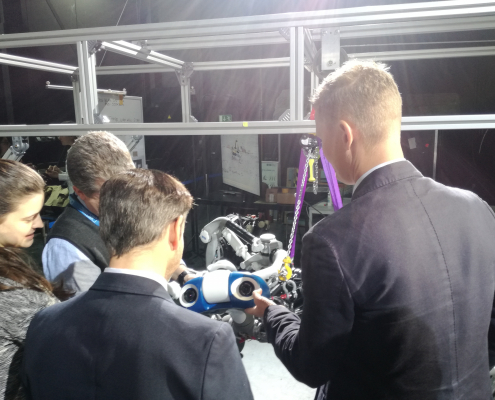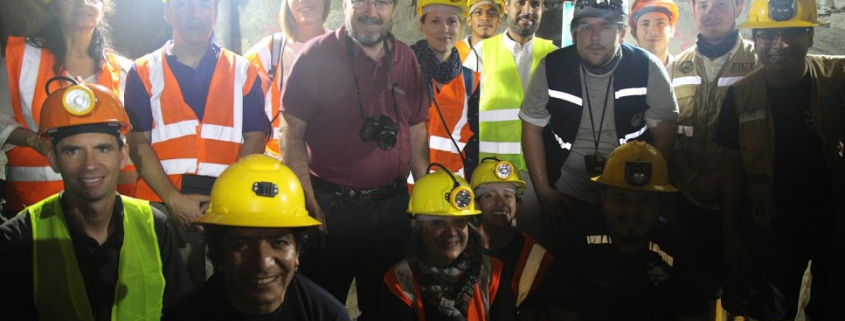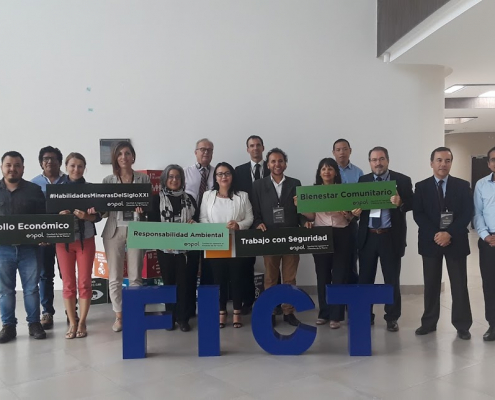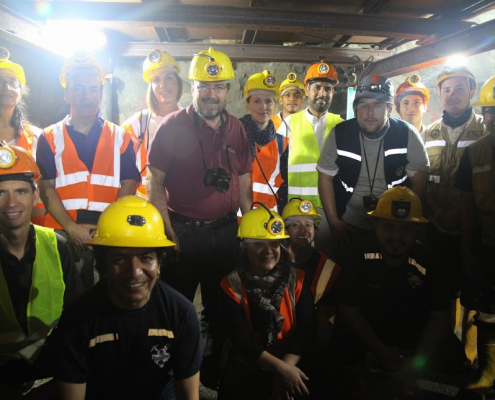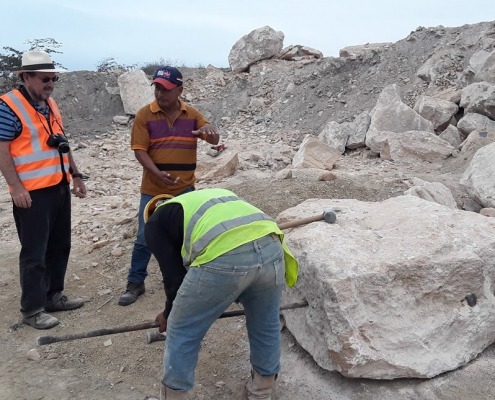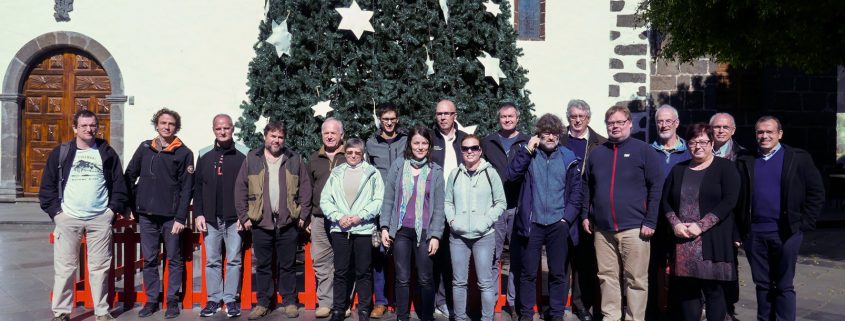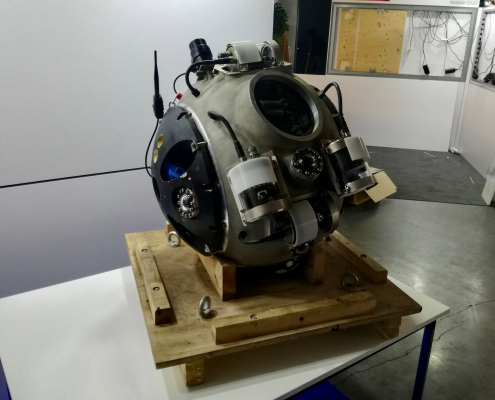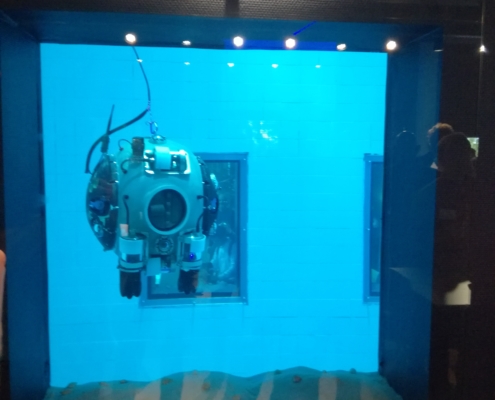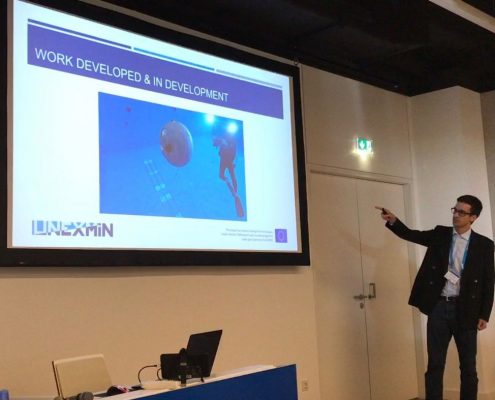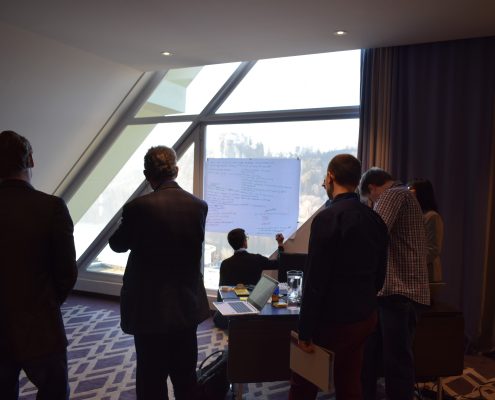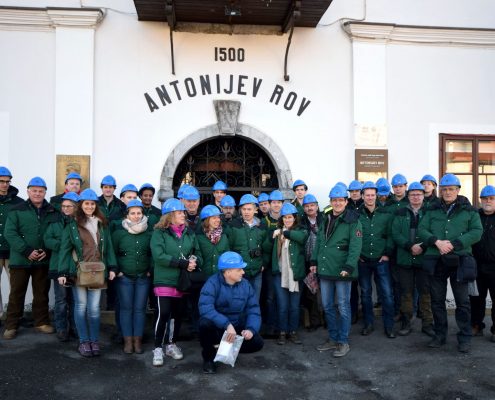Raw Materials Week, Brussels
LPRC participated on this year Raw Materials Week, one of the most relevant geoscientific events in Europe, that together people from different parts of Europe, to discuss the state of the mineral raw materials and related topics in Europe.
The LPRC team participated on three of those days. On the 18th of November, the team was stationed next to UX-1 robot, UNEXMIN’s main output, where they communicated the project’s results and showcased the robot to a number of people. On this day they also had the opportunity to listen to “Horizon 2020 Technology success stories”. Then on the 19th of November LPRC members participated in the general session of “Innovation, new technology trends and Skills for Materials”. On the 20th, LPRC attended the session on “Raw Materials meeting society needs”. All in all, the LPRC could attend important sessions that discussed the most relevant themes for the raw materials community, which are entirely related to the company’s line of work represented by a number of projects.
Visiting the Raw Materials Week 2019 and being able to learn more about the current state of the raw materials scene in Europe as well as the opportunity to network and meet new people, made this years event a success to the company. Next year there is more and LPRC will be there once again!
Photo credit: Raw Materials Week

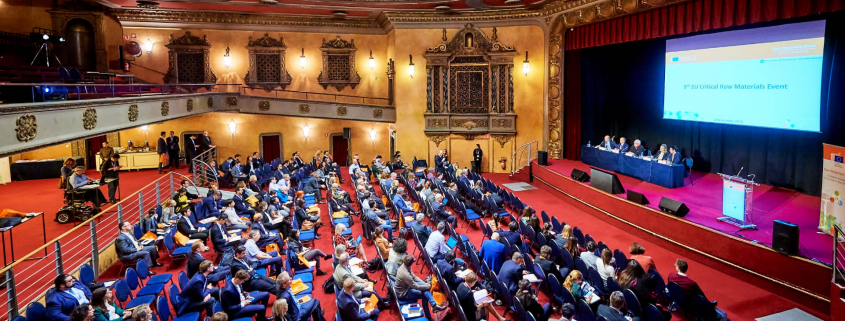 Raw Materials Week
Raw Materials Week